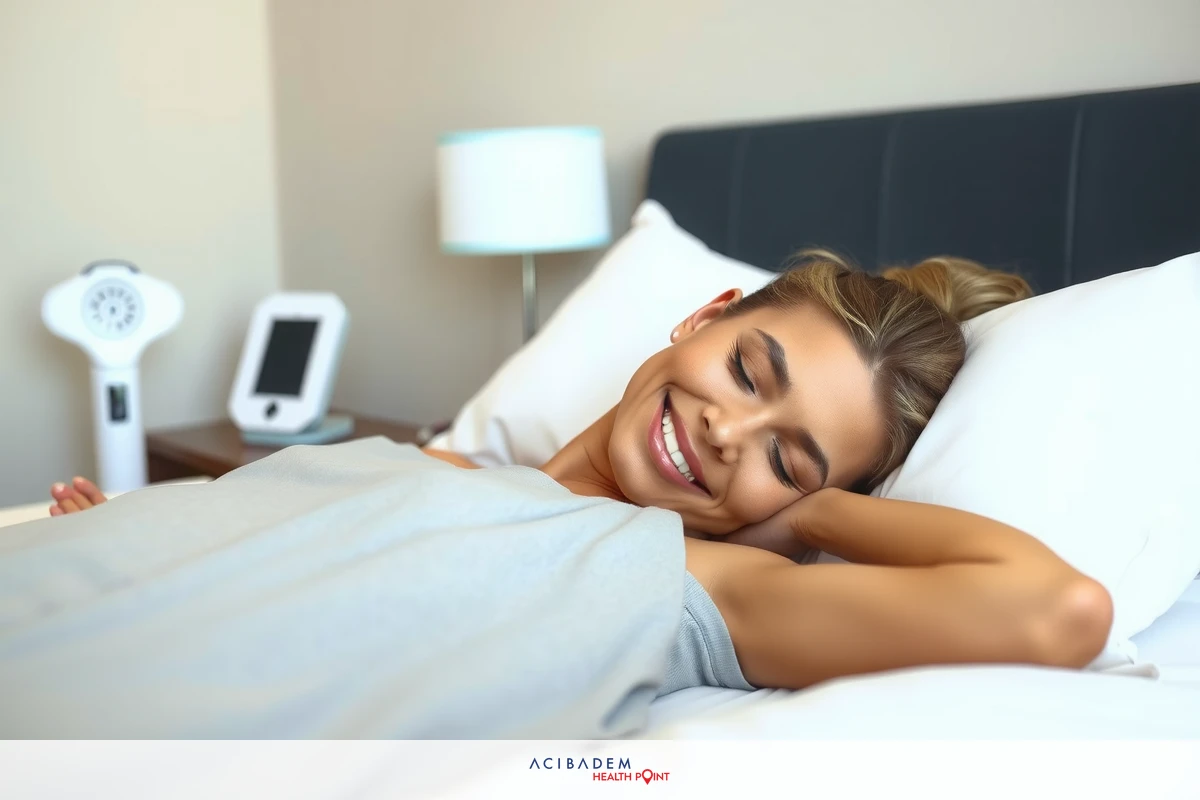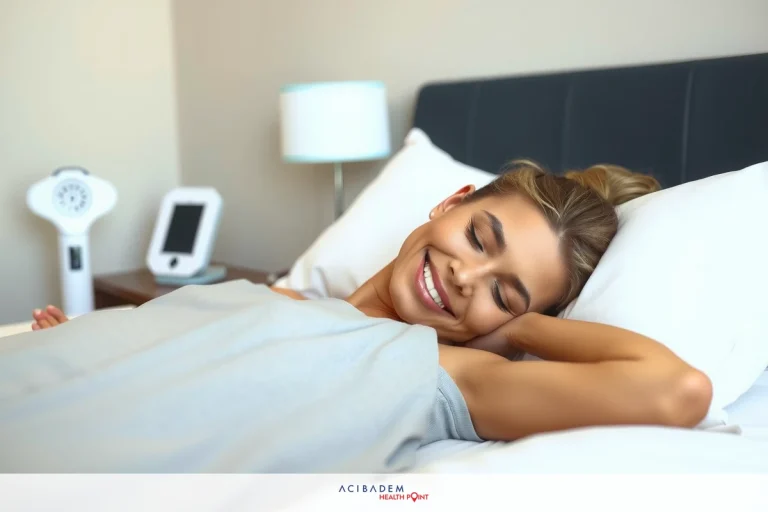How Long Sleep Upright After Rhinoplasty
How Long Sleep Upright After Rhinoplasty Sleeping upright after rhinoplasty, a facial cosmetic surgery that reshapes the nose, poses unique challenges for patients. The change in sleeping position is not just about comfort but plays an essential role in successful post-operative recovery. This adjustment minimizes swelling and aids healing.
There are effective strategies available to help individuals achieve this seemingly awkward sleep position without discomfort or distress. From using specialized pillows to altering your bedtime routine, these adaptations can significantly improve the quality of rest during the critical recovery phase. Packed with practical tips and insights, this guide gives you a roadmap on how to best navigate through your postrhinoplasty sleep environment.
Why is Sleeping Upright Important?
The importance of sleeping upright after rhinoplasty cannot be overstated. It’s an integral part of post-operative care that significantly influences the outcome and success of the surgery. Sleeping in this specific position helps manage swelling, one of the most common side effects following rhinoplasty. By keeping your head elevated above your heart level, gravity can help reduce fluid accumulation around the nasal area.
Sleeping upright aids in mitigating potential complications such as bleeding or bruising. Lying flat might exacerbate these conditions by increasing blood flow to the nose which could potentially disrupt healing and prolong recovery time. Paying attention to sleep positions forms a vital part of post-rhinoplasty recovery guidelines that should not be overlooked.
It’s worth noting that optimal healing from a surgical procedure like rhinoplasty does not solely depend on medication or surgical skill alone but also relies heavily on patient compliance with post-operative instructions such as maintaining appropriate sleeping positions. Adherence to these guidelines contributes positively towards achieving desired outcomes while ensuring minimal discomfort during recovery period.
Tips for Sleeping Upright
Transitioning to an upright sleeping position post-rhinoplasty can be challenging, but employing certain strategies can help ease this process. Proper preparation and understanding of these techniques are crucial in facilitating a comfortable and restful sleep during the recovery period.
To begin with, investing in a wedge pillow or an adjustable bed can make a significant difference. These items aid in maintaining the upright position throughout the night without placing undue strain on your neck or back. Consider using additional pillows as needed for extra support and comfort.
Establishing a bedtime routine conducive to this new sleeping arrangement is beneficial. This could include activities such as light stretching or relaxation exercises before bed that promote comfort while helping you adapt to your new sleeping posture.
Another tip is ensuring you stay well-hydrated throughout the day, but limiting fluid intake closer to bedtime. This strategy helps reduce the likelihood of frequent overnight bathroom trips which could disrupt your sleep pattern and make it more difficult to return to a proper upright position afterward.
Patience is key during this transition period. While it may feel unusual at first, most people find they acclimate fairly quickly to their new sleep arrangements following rhinoplasty surgery.
Common Concerns and Solutions
One common concern that many patients express after rhinoplasty is the difficulty of maintaining an upright

sleeping position throughout the night. Despite best efforts, it’s not unusual to wake up and find oneself deviated from the ideal posture. A practical solution for this issue could be investing in a specially designed recliner or using multiple pillows to provide adequate support and restrict movement while asleep.
Another challenge often cited is discomfort or restlessness due to unfamiliarity with the new sleep position. This can lead to poor quality of sleep, which in turn affects overall well-being during recovery period. To address this problem, consider incorporating relaxation techniques such as deep breathing exercises or meditation before bedtime into your routine. These practices promote better sleep hygiene and help condition your body to relax despite changes in sleeping orientation.
Some individuals may experience increased nasal congestion when sleeping upright post-rhinoplasty surgery. While this might cause temporary discomfort, it’s essential to remember that it’s a normal part of recovery process due to swelling inside nose following surgery. Over-the-counter saline sprays can aid in clearing nasal passages gently without causing harm or irritation post-surgery.
Facing these concerns head-on with effective solutions promotes smoother transition into the required sleeping position post-rhinoplasty; ensuring comfortability whilst adhering strictly to necessary recovery guidelines.
Frequently Asked Questions
How long should I maintain sleeping upright after rhinoplasty?
The typical recommendation is to sleep with your head elevated for at least one week postsurgery. However, it's best to consult your surgeon as recovery timelines can vary based on individual circumstances.
What if I accidentally roll onto my side or stomach while asleep?
It’s common to move during sleep and you may find yourself waking up in a different position. Don't panic; simply reposition yourself back to an upright position. Over time, your body will adjust to this new sleep habit.
Is there a specific type of pillow recommended for sleeping upright postrhinoplasty?
Wedge pillows are commonly suggested due their ability to provide reliable support and help maintain the upright position throughout the night. You might also consider additional neck or lumbar pillows for extra comfort.
Can I return immediately to my regular sleeping positions once recovery period is over?
It's generally advisable to gradually transition back into normal sleep positions once cleared by your healthcare provider. Abrupt changes could potentially cause discomfort or strain on the healing nose.











